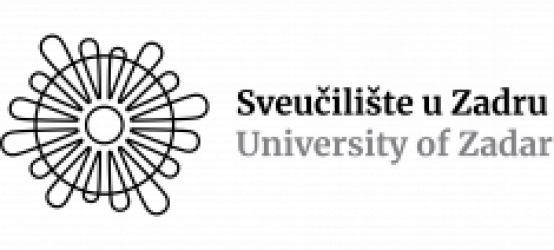September 26 and 27, 2024
Department of Hispanic and Iberian Studies of the University of Zadar, Croatia, invites researchers, professors and graduate students and scholars of Latin American literature, culture and arts of the 20th and 21st centuries to participate in this academic meeting, which will take place on the 26th and 27th September 2024 at the University of Zadar, Croatia. The Congress invites us to think about Latin American literature, culture and art of the 20th and 21st centuries from an intercultural and transcultural point of view, opening horizons for new dynamics and discourses that offer innovative views on Latin America from within and without. The official languages of the Congress are Spanish and English.

